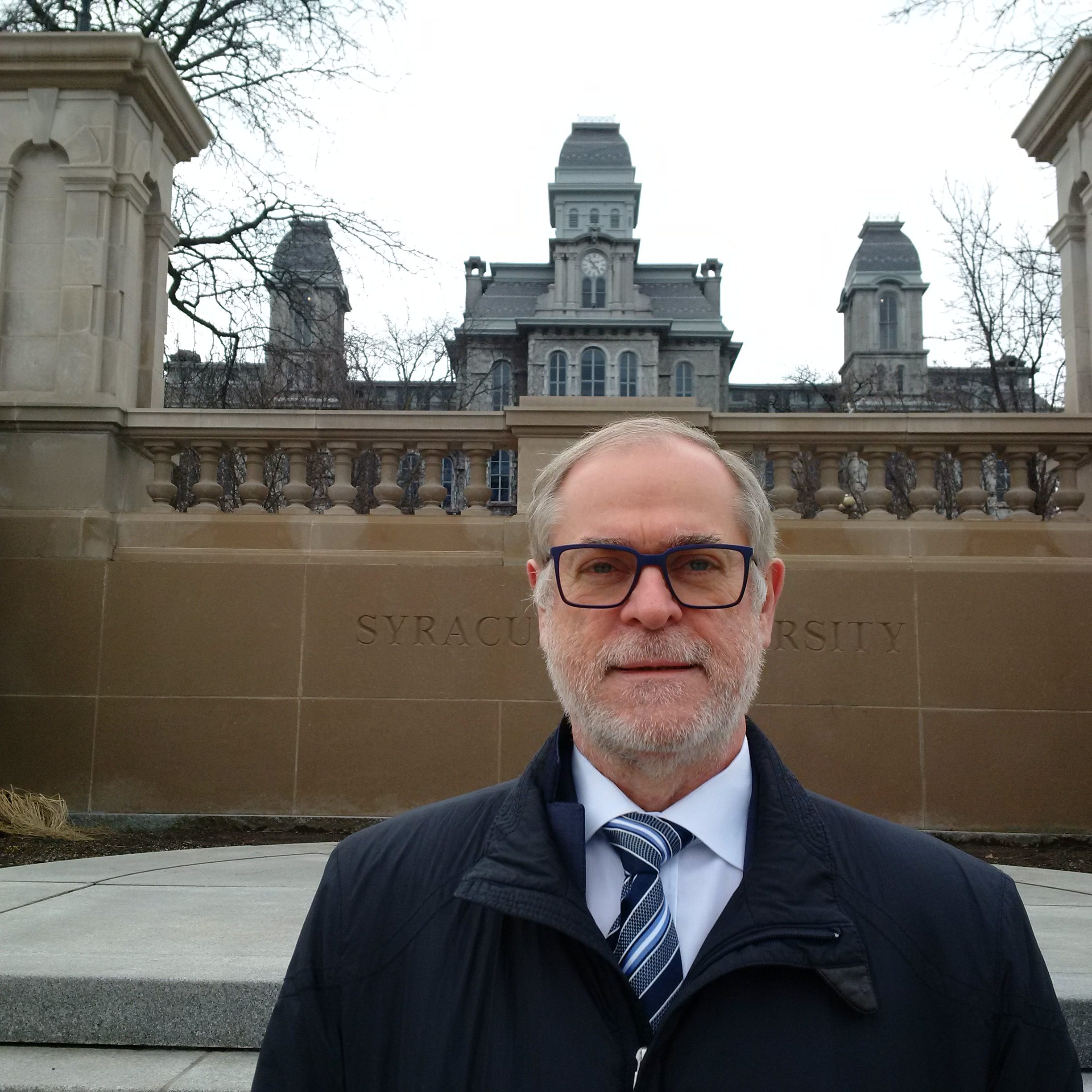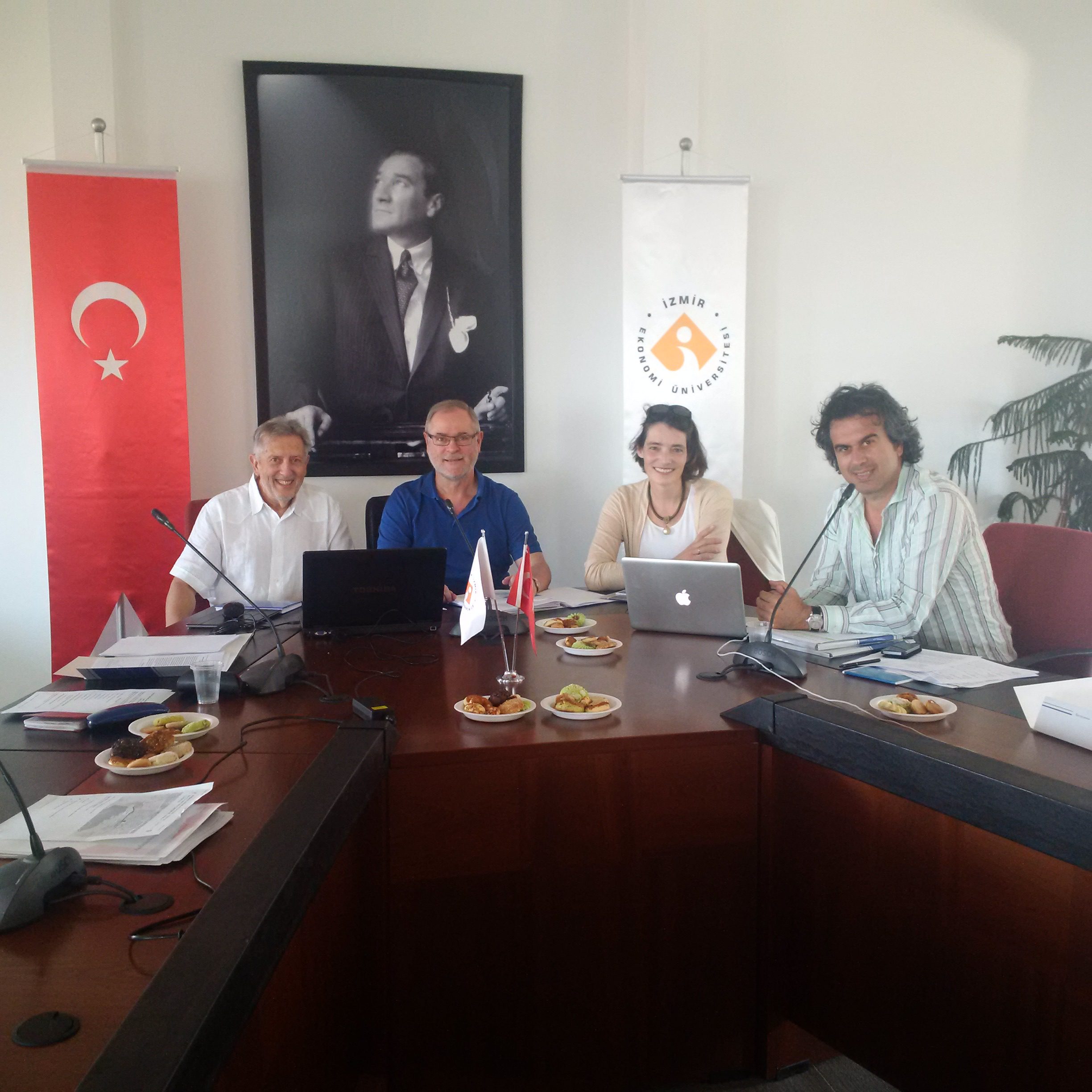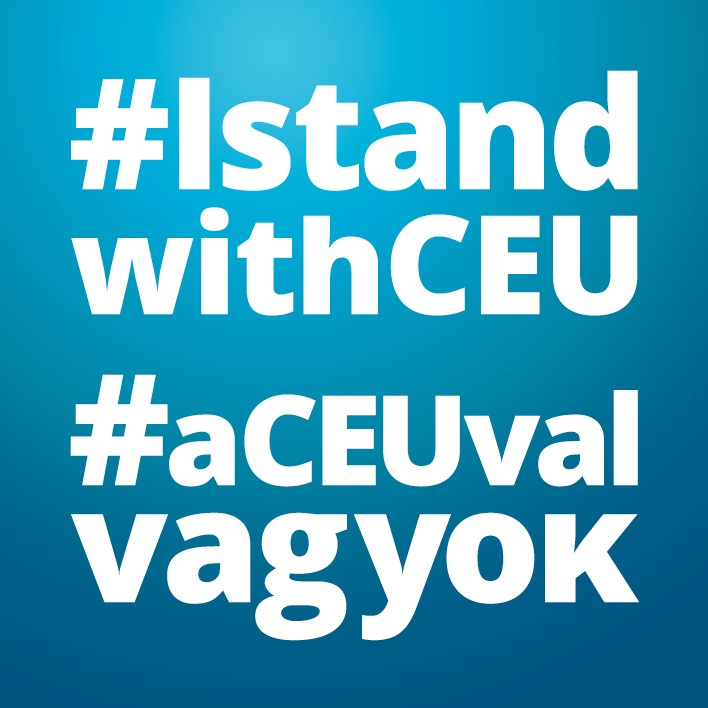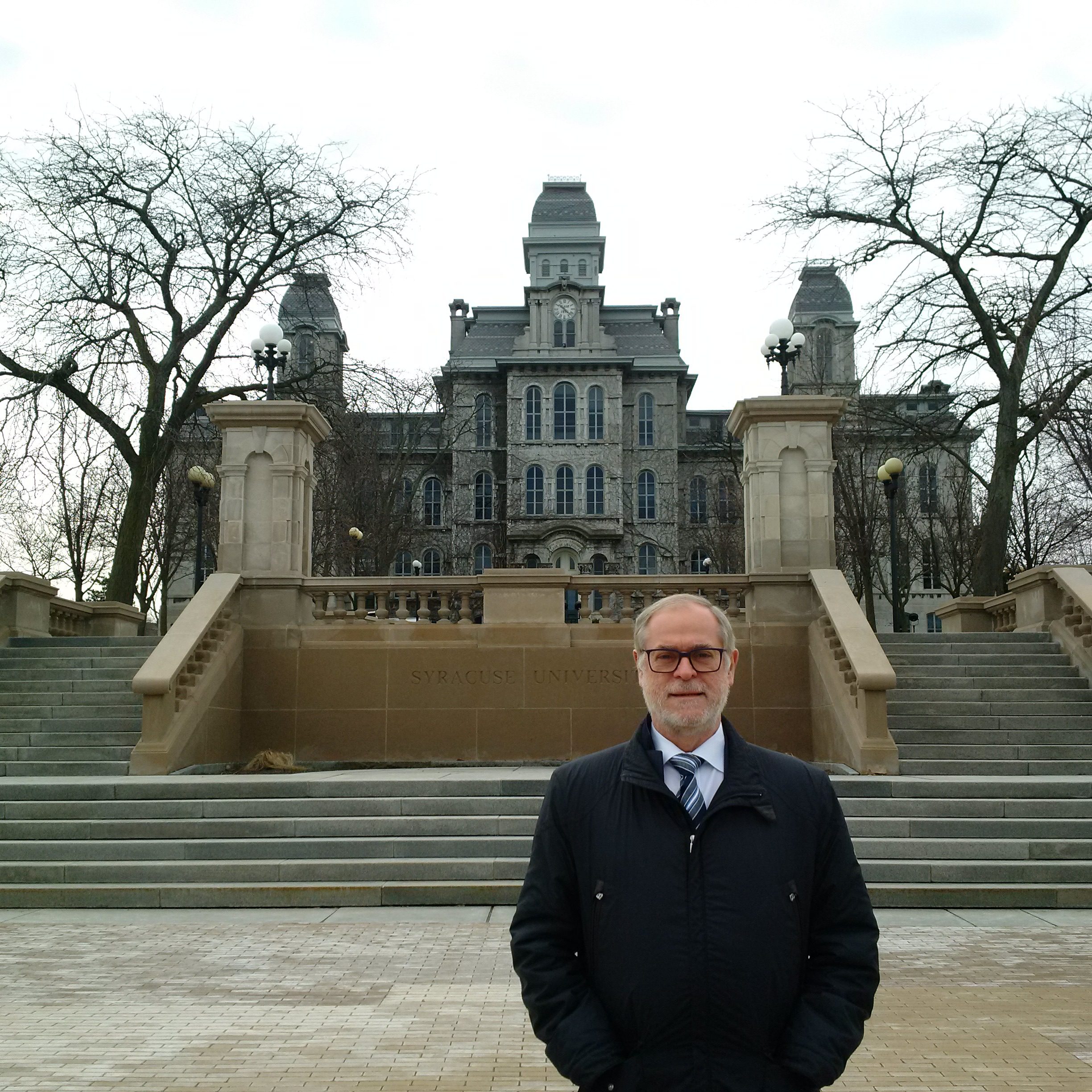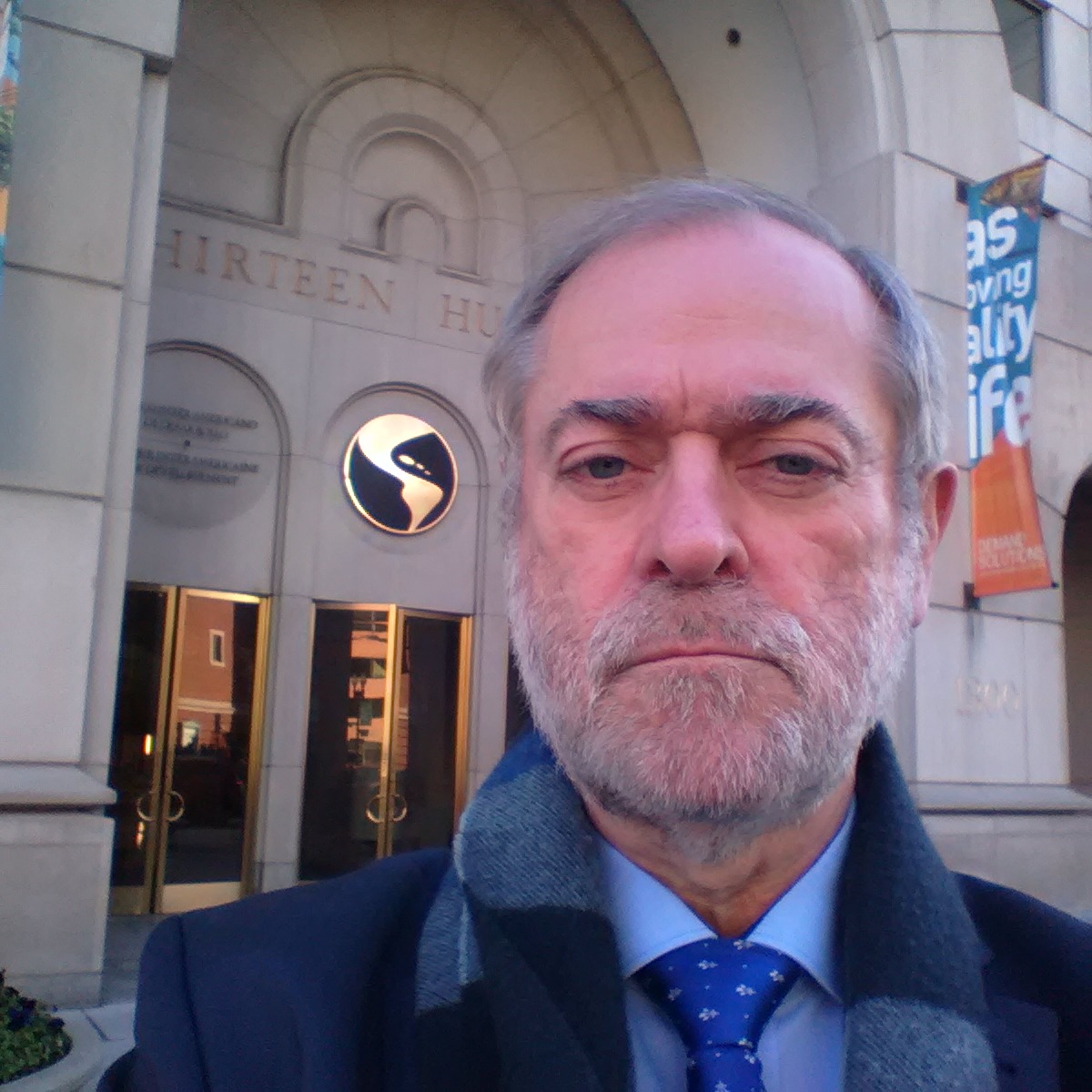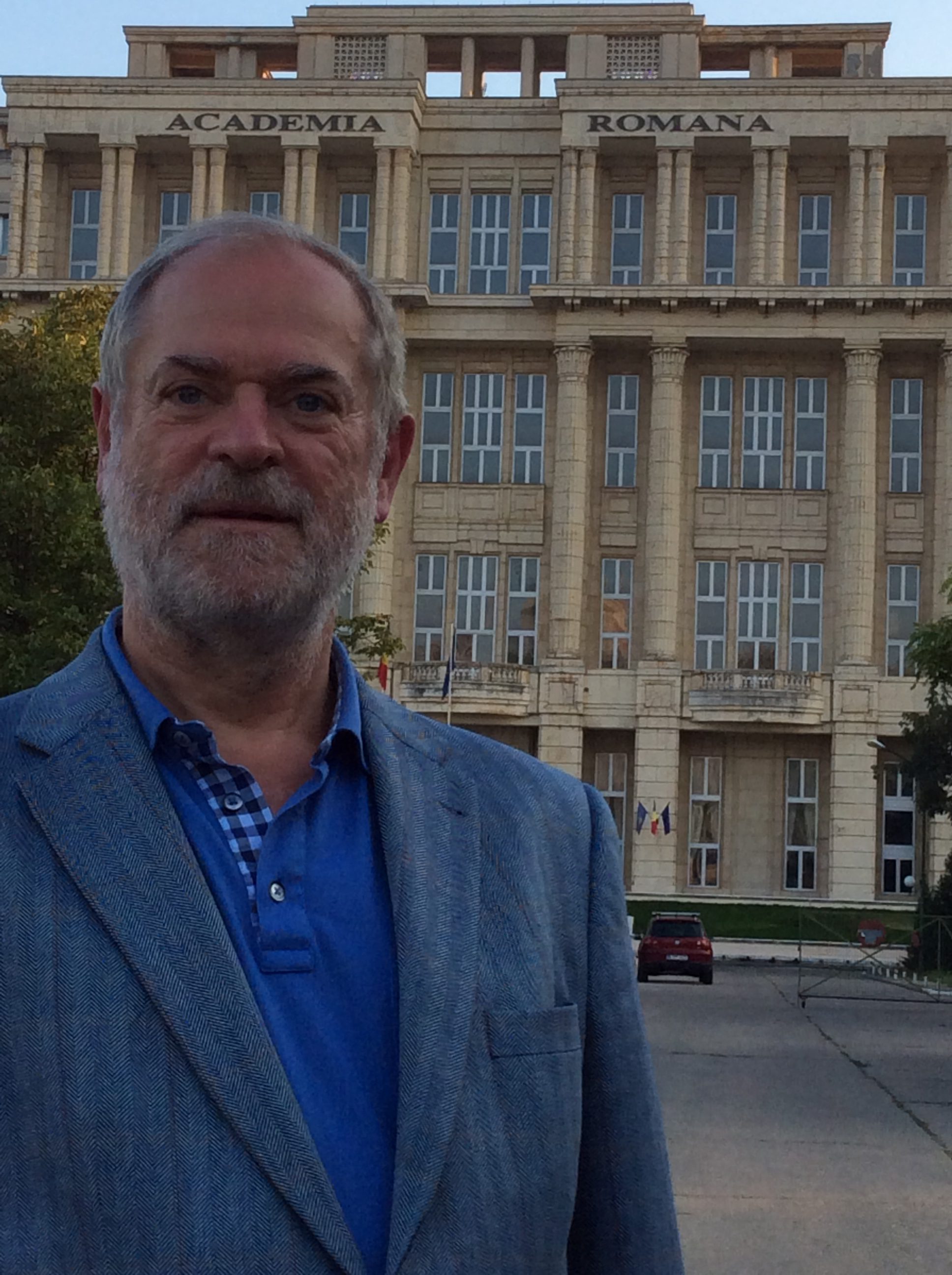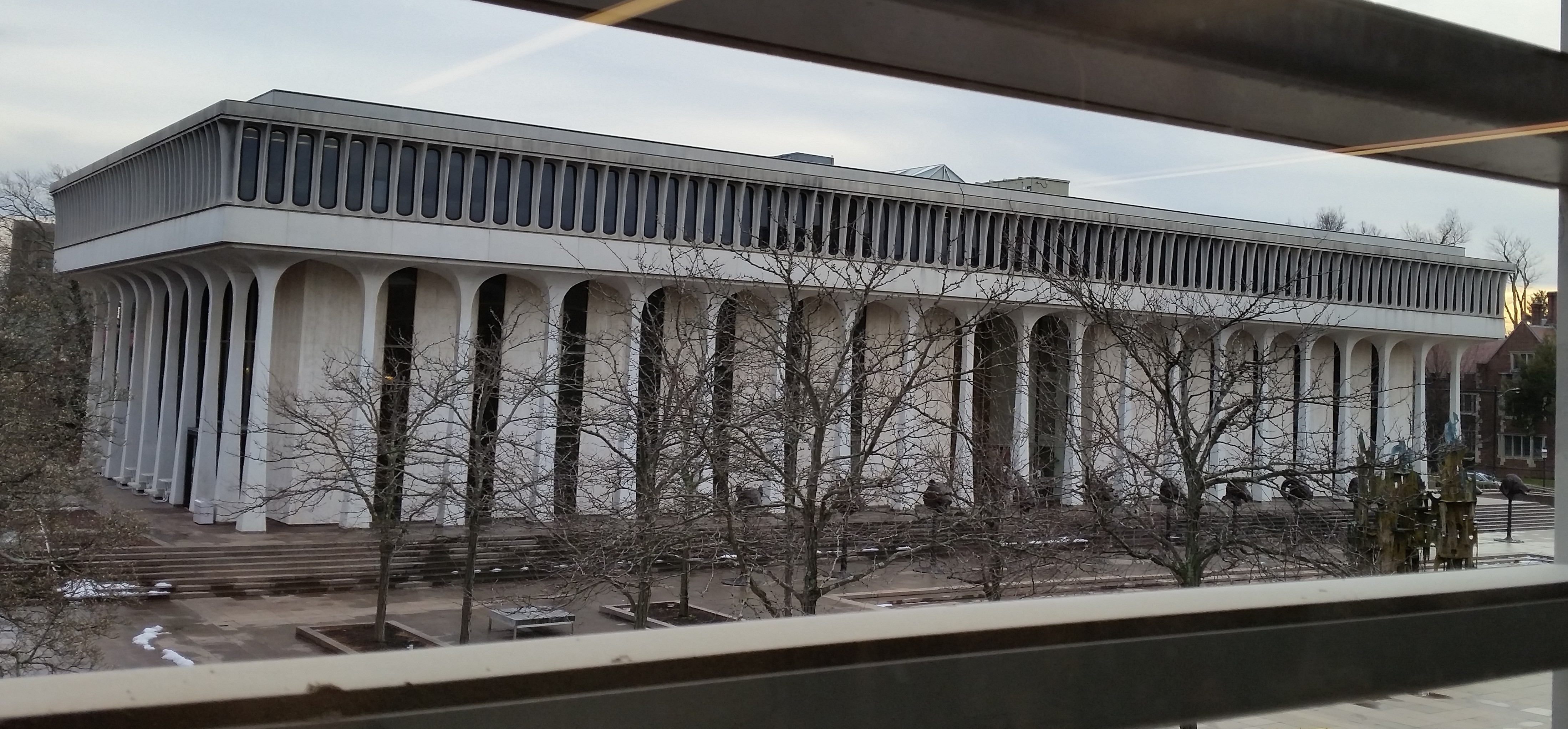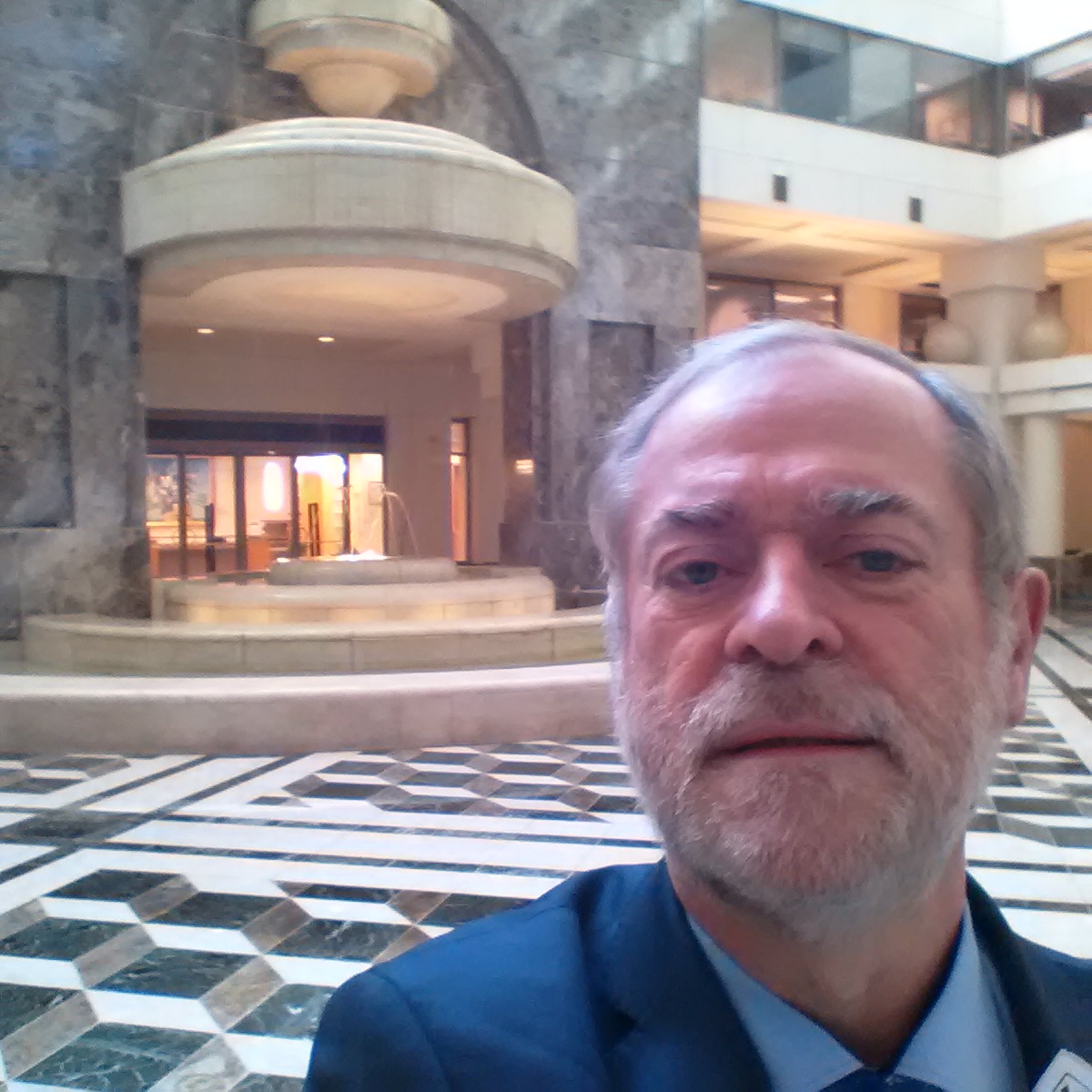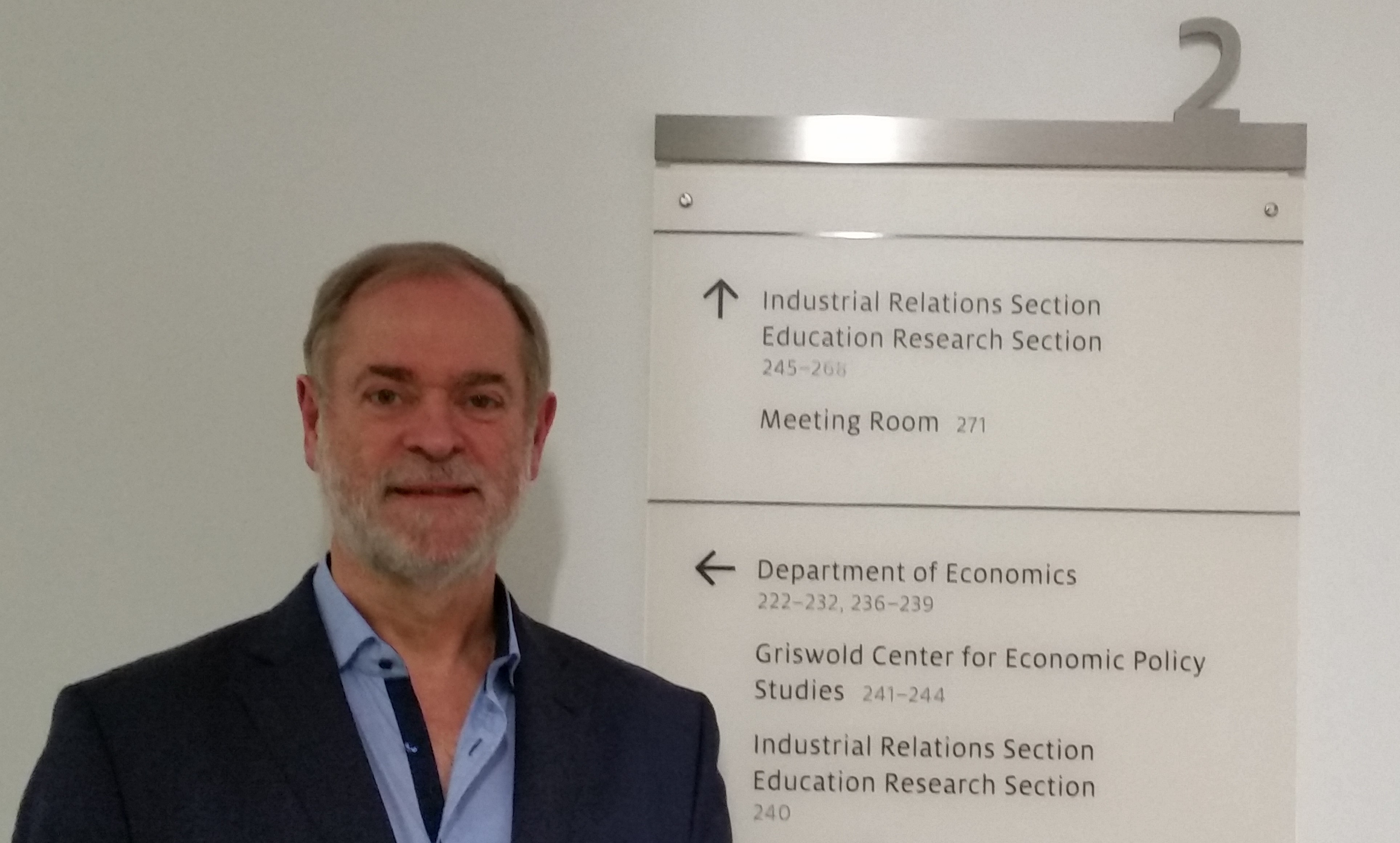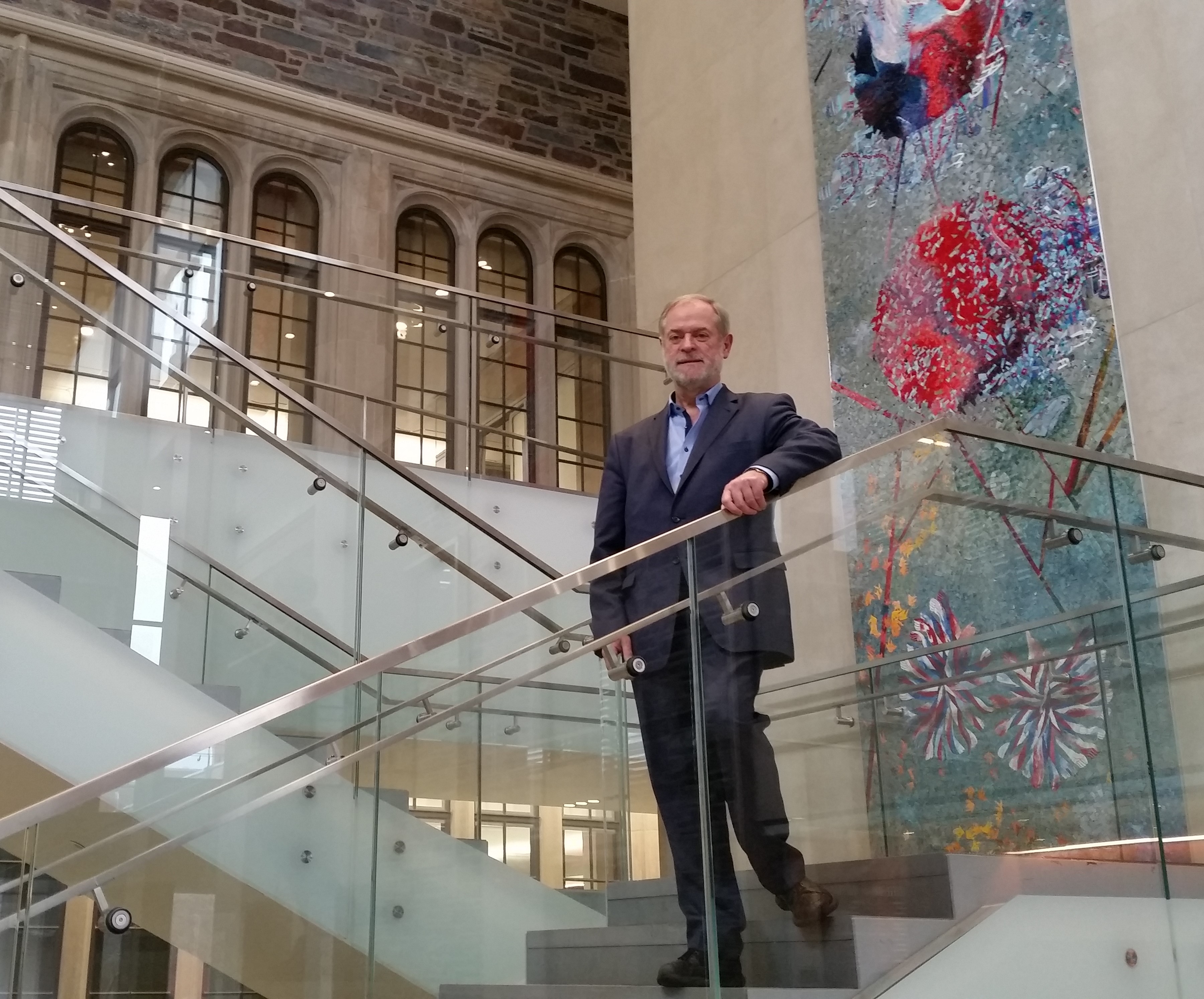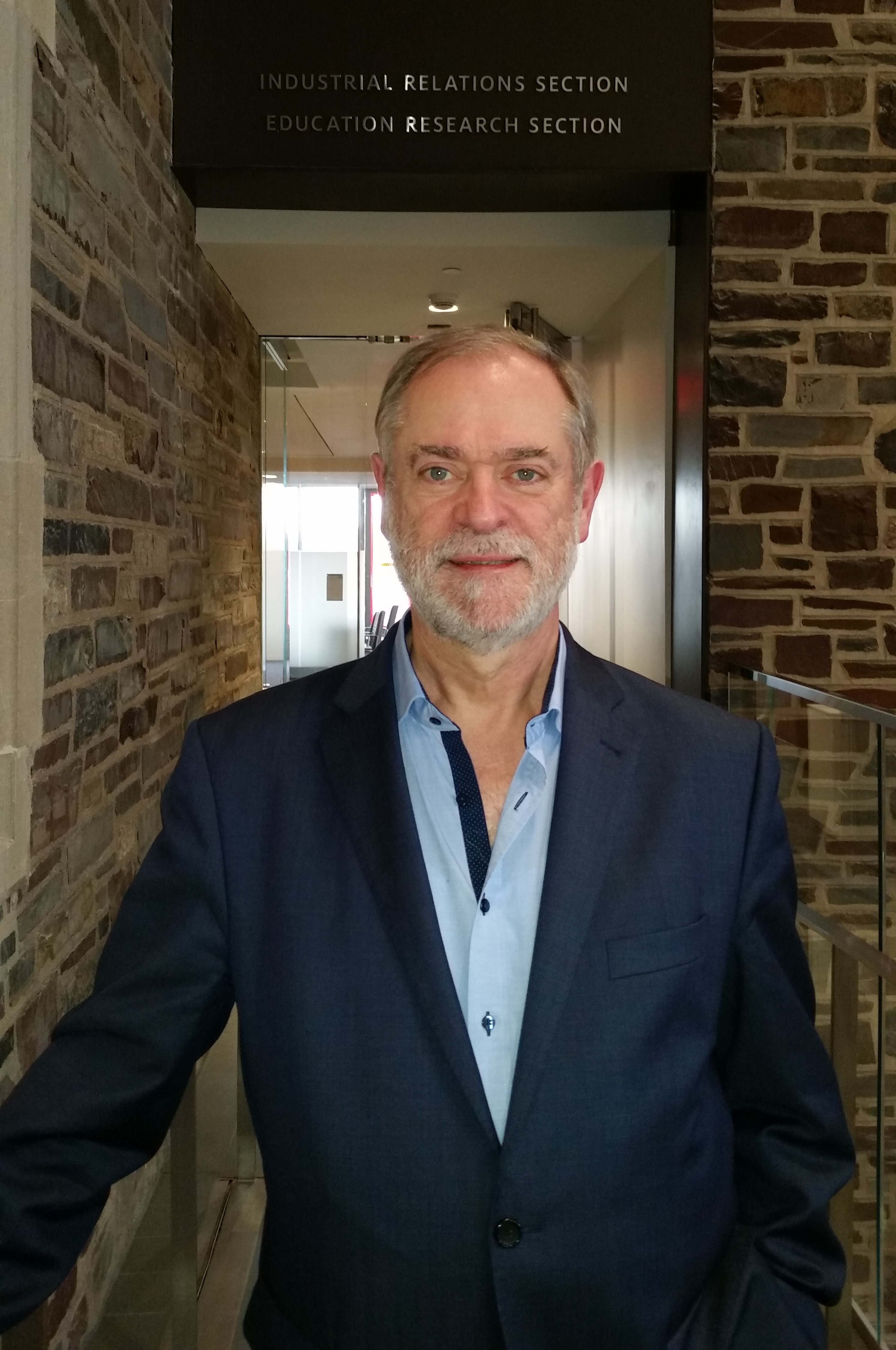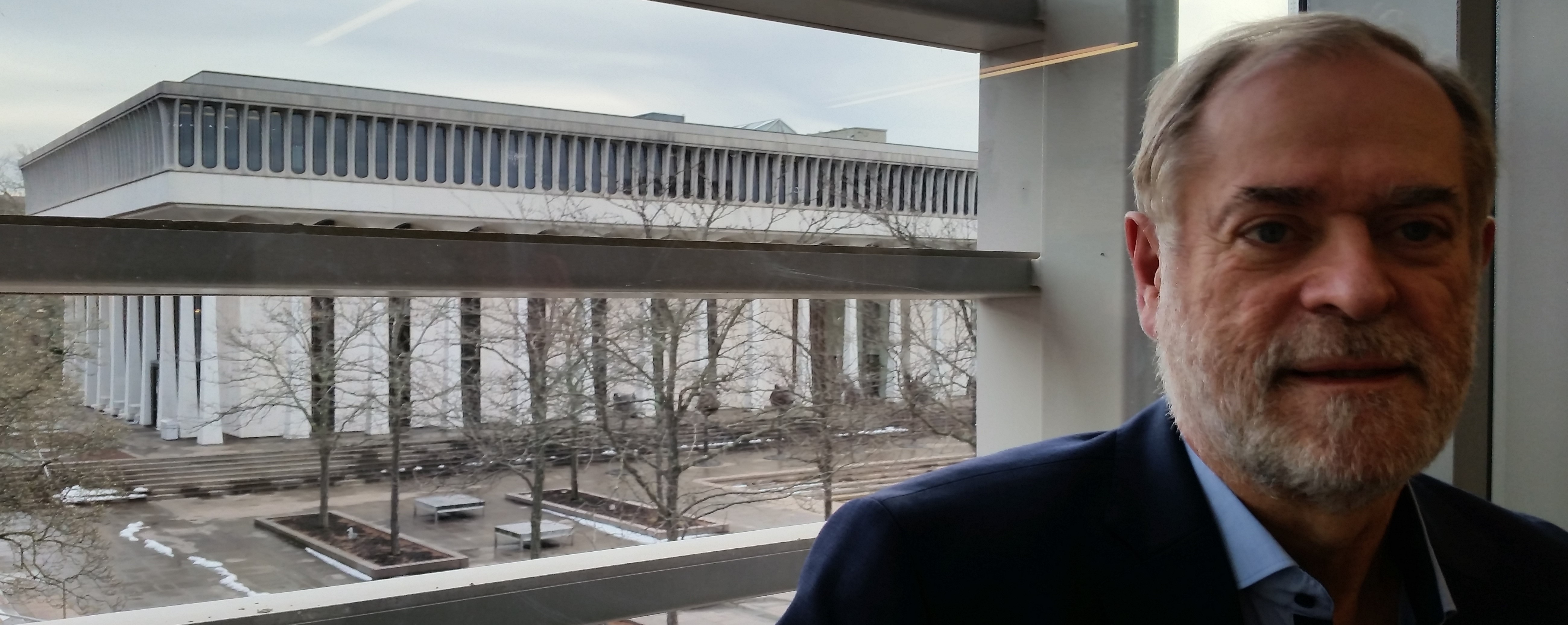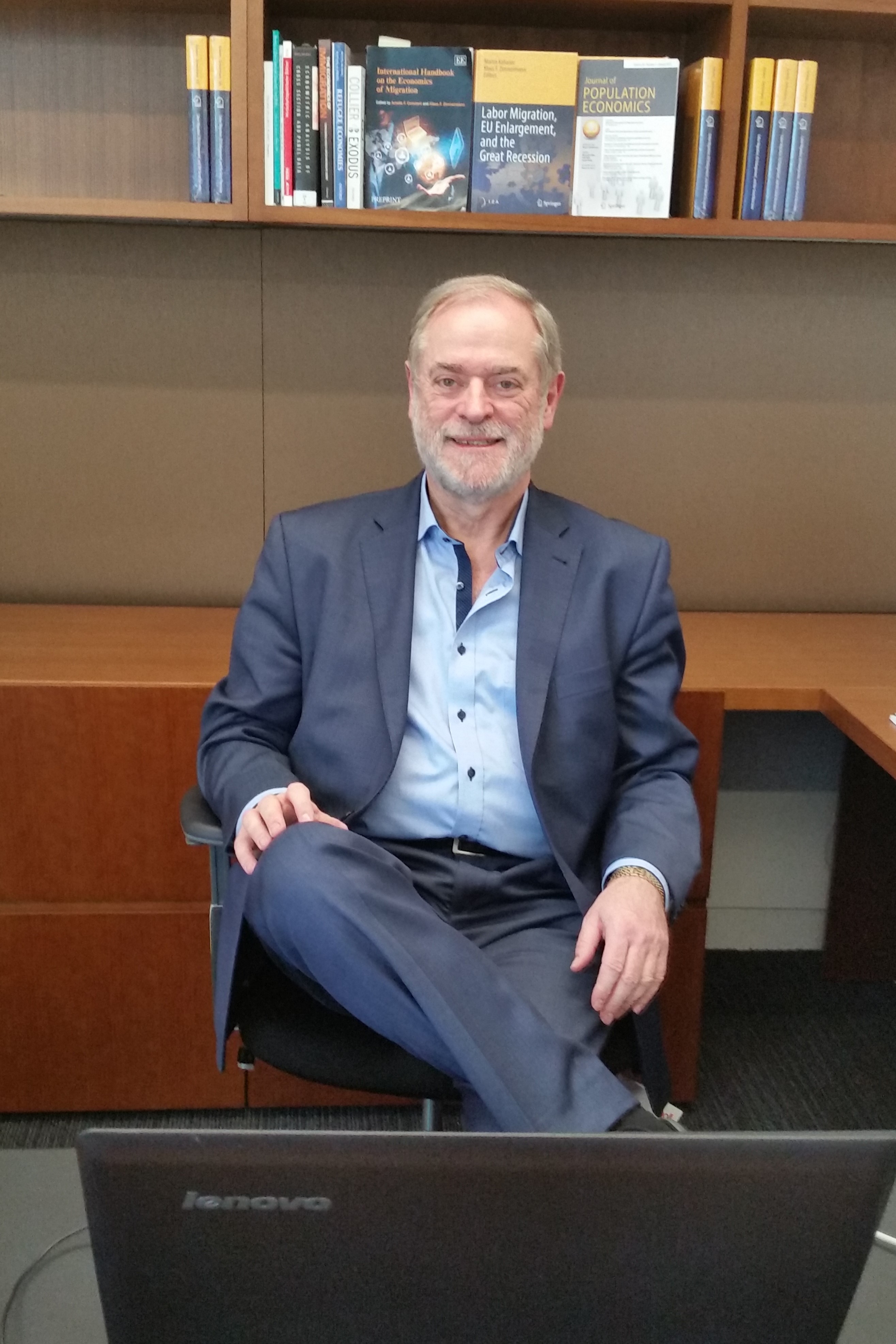Today, the world faces a rising controversy about the benefits of globalization and international collaborations….
To deal with this challenge, we have now started a new initiative, the GLO, the Global Labor Organization. The catchword will be glabor, hence the new website is “glabor.org“. Please study the website for further information or examine the explanations attached below.
The GLO will organize platforms for the discussion of topics like inequality, job creation, development, migration and labor market reforms and also deal with regional issues in all parts of the world. Available instruments will include events, a new GLO Discussion Paper Series and the collaboration with data creating institutions, research and policy centers and journals. The GLO will also support a newly created large scientific handbook (with 600 freshly written chapters) published with Springer Nature.
We are an open network and you may wish to consider working with us. In this case you can register your interest through our website. There will be no particular obligations coming from this affiliation. We hope to get your advice and support at some time in particular in the context of global population and labor market issues and their policy implications; and hope to get your advice on how to strengthen our networks and our presence in your country of residence.
What you currently see on the website is just the beginning. If you wish to suggest initiatives or to contribute to activities, you are invited to approach us. If you have questions do not hesitate to contact us.
With best regards,
Klaus F. Zimmermann
GLO – President
The GLO in short
The Global Labor Organization (GLO) is a global, independent, non-partisan and non-governmental organization that has no institutional position. The GLO functions as an international network and virtual platform for researchers, policy makers, practitioners and the general public interested in scientific research and its policy and societal implications on global labor markets, demographic challenges and human resources. These topics are defined broadly to embrace the global diversity of labor markets, institutions, and policy challenges, covering advanced economies as well as transition and less developed countries.
The Global Labor Organization (GLO) aims to establish itself as the world’s leading and global research and policy network on labor, demographics and human resources.
The Global Labor Organization (GLO) is supported by individuals as well as organizations with a thematic interest and a strong ambition to contribute to an effective global network and to benefit from it.
GLO: The Mission Statement
The Global Labor Organization (GLO) is a global, independent, non-partisan and non-governmental organization that has no institutional position. The GLO functions as an international network and virtual platform for researchers, policy makers, practitioners and the general public interested in scientific research and its policy and societal implications on global labor markets, demographic challenges and human resources. These topics are defined broadly to embrace the global diversity of labor markets, institutions, and policy challenges, covering advanced economies as well as transition and less developed countries.
Globalization and digitization increase the global integration of labor markets. These processes result in an interdependence of policy issues across national borders, and create a continuous range of global labor challenges. There are many examples: Migration and refugee waves have started and impeding demographic challenges will materialize very concretely in the short run. Additional global developments and shocks for example as climate change and natural disasters, terrorism and conflicts as well as pandemics will strongly impact labor markets. Local and global labor markets will be subject to significant adjustments and lead to global reallocation of jobs and the labor force. Economic integration within several regions (EU, NAFTA, ASEAN) and trans-continental cooperation frameworks (TIPP) have implications that affect labor markets directly or indirectly. Not all benefit from these processes equally. Growing global inequalities engender tensions and cleavages with detrimental effects on economic development, but also security.
To address these developments to tackle unemployment, inequality and poverty as well as to promote the creation of good and well paid jobs and achieving high and balanced employment across gender, ages, skills, ethnicities and nationalities, and ultimately to promote sustainable and inclusive growth and a more cohesive and safer world, policy reforms are called for. The design of policies should be based on best practices and on solid scientific evidence rather than ideology to promote good public policies. The increasing global independence calls for globally oriented evidence-based policy making in addition to globally oriented science.
Since the demand for scientifically founded policy advice has been growing in the light of more complex economic processes, independent scientific research, evaluation and monitoring is more important than ever and needs to be based on ethical rules on the profession on research integrity.
The Global Labor Organization (GLO) aims to fill a significant gap in the global community between scientific research and evidence-based policy making. To this end as an international network and virtual platform the GLO aims to promote in the realm of labor with an explicit global perspective
- high quality and policy relevant research and research collaboration,
- on this basis evidence-based scientific policy advice,
- dissemination of and debate on research results, evidence, best practices and the implications for policy and society to the wider public, and
- vast virtual resources for the global network to stimulate contact, exchange and access to research, data, policy proposals, opportunities for collaboration as well as valuable information about funding opportunities and the job market.
The global network will provide research, evidence, best practice and on this basis concrete policy proposals and good information in context for the public at large. It will profit from the network synergies as well as the crucial collaboration and dissemination opportunities.
The virtual platform as the home of the network will act as an information source, enable contacts and will build bridges between the different communities with an intrinsic interest in labor, demographics and human resources: academia, policy-makers, business, employees, media and of course civil society and students. It could provide vast online services for communication, joint research projects and remote data processing.
The Global Labor Organization (GLO) aims to establish itself as the world’s leading and global research and policy network on labor, demographics and human resources.
The Global Labor Organization (GLO) is supported by individuals as well as organizations with a thematic interest and a strong ambition to contribute to an effective global network and to benefit from it. Appropriate events, instruments and products will be developed as a consequence.
Individuals are either GLO Affiliates or specially appointed GLO Fellows. Organizations are either Supporters or Members.
GLO President Klaus F. Zimmermann and GLO Director Alessio J. G. Brown in front of UNU-MERIT (Maastricht). Both have been recently appointed Honorary Professor at Maastricht University.
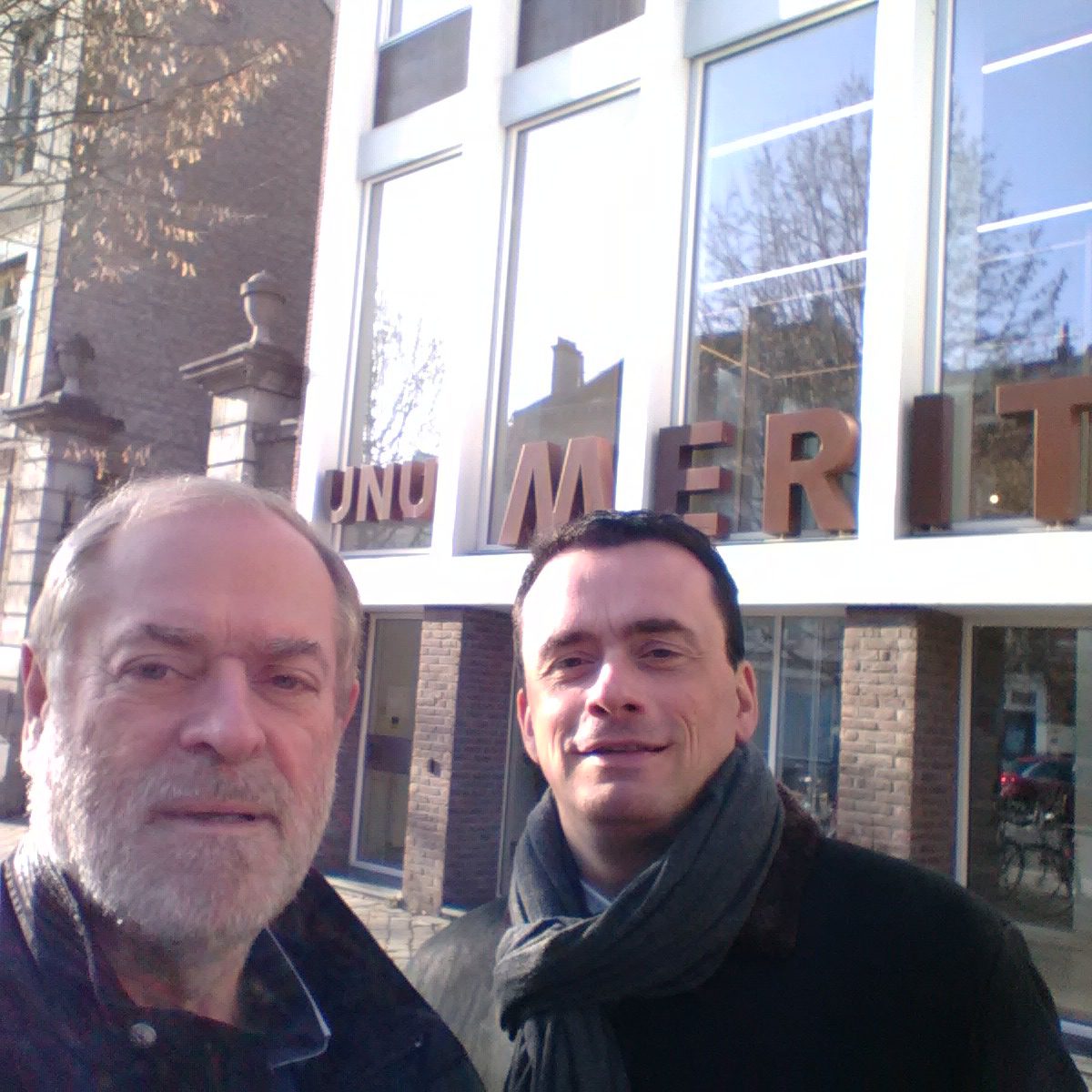
Ends;

